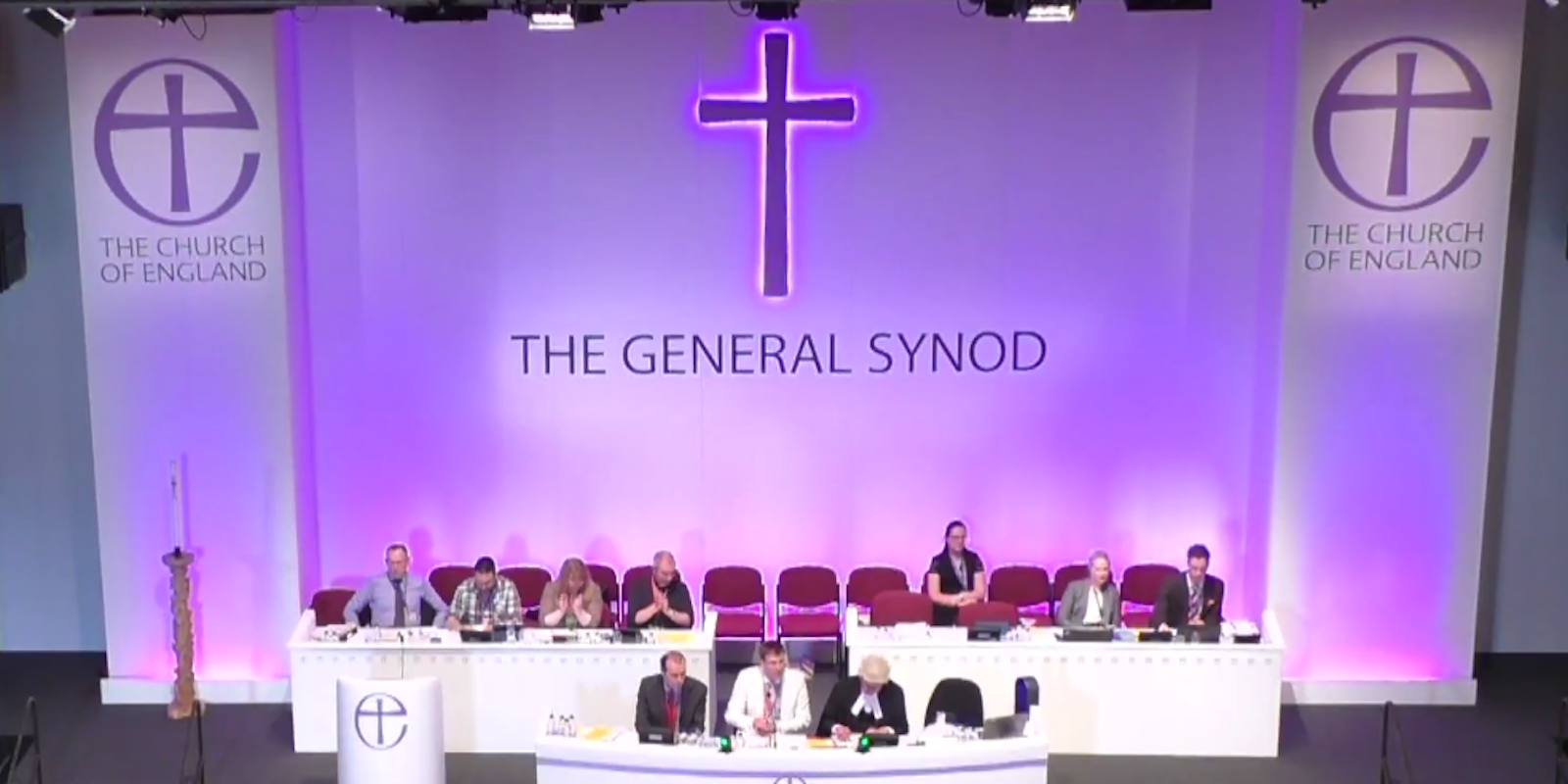The Church of England has announced that it wants a ban on so-called “conversion therapy.”
A highly controversial means to try to force LGBTQ parishioners into heteronormativity or cisgender identity, some Christian denominations have encouraged and championed such practices, both in the U.S. and abroad. In the case of the Church of England, as the Guardian notes, some churches have encouraged LGBTQ parishioners to change their sexual orientations or gender identities through prayer, often a cornerstone of Christian conversion therapy efforts.
But the Church of England General Synod―the church’s legislative body, in effect―is now insisting, in rather strong terms, that conversion therapy be completely and totally banned. Dr. John Sentamu, the Archbishop of York, reportedly made the point in personal terms during debate on the issue this past weekend.
“The sooner the practice of so-called conversion therapy is banned, I can sleep at night,” he said.
Similarly, Bishop of Liverpool Paul Bayes made the case with moral force, insisting that LGBTQ people were not sick or in need of changing.
“As the world listens to us, the world needs to hear us say that LGBTI+ orientation and identity is not a crime,” he said. “LGBTI+ orientation and identity is not a sickness. And LGBTI+ orientation and identity is not a sin.”
Conversion therapy/forced marriage/corrective rape not in our name. End this torture now #synod #justice #LGBTQ
— BAME Anglican (@BAMEAnglican) July 7, 2017
These sentiments were echoed by Jayne Ozanne, a former member of the Archbishop’s Council who advocates for LGBTQ issues within the Church of England. Ozanne, who publicly came out in 2015, endured conversion therapy as a woman in the Anglican faith, and she reportedly suffered mental health breakdowns and hospitalizations as a result. She didn’t pull any punches in her description of the practice, referring to it as “spiritual abuse,” and noting that conversion therapy significantly increases one’s likelihood of attempting suicide.
“What people don’t understand is that you can enter into this sort of practice willingly because you think it is the right thing to do because you have been told it is what God wants,” she said. “It is only years later that the impact becomes apparent.”
The motion to ban conversion therapy did not go through unanimously, however, The General Synod votes are broken down by three different houses: the House of Bishops, the House of Clergy, and the House of Laity. Of the three, the House of Bishops was the most uniformly in support of the ban, with 36 votes in favor and just one vote against. By contrast, the House of Bishops approved of the motion with 135 votes in favor, 25 votes against, and 13 abstentions, while the House of Laity saw 127 votes in favor, 48 votes opposed, and 13 abstentions.


